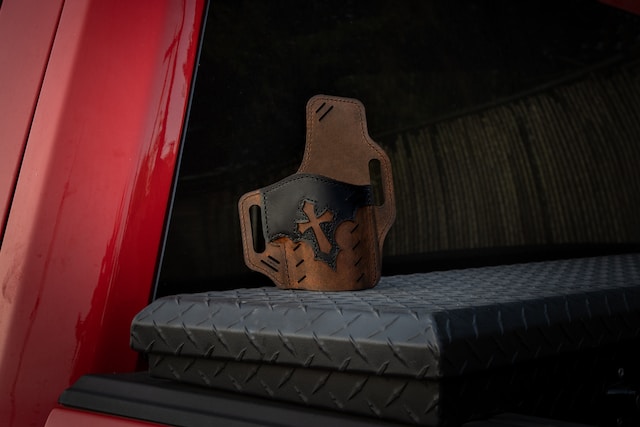Obtaining a liquor license is complicated, so applying for one early and with plenty of time to spare is best. Some business owners hire a lawyer specializing in liquor licensing to help them with their applications.
The requirements for a liquor license can include zoning permits, floor plans of the establishment, a menu, fingerprints, and more. You may also have to publish an advertisement and notify churches, schools, and residences within 500 feet of your establishment.
Preparation
Once you’ve determined the type of establishment you want to open, it’s time to start preparing. This includes identifying which licenses you’ll need and looking for available ones in your area (if you live in a quota state).
It would help if you also started your business plan and ensured you have the necessary documents, like a copy of your driver’s license or other photo ID. Depending on your location, you may also need to publish notice of your intention to apply in a local newspaper for a certain period.
An experienced Texas liquor licensing attorney can help you prepare your application. Even the most minor mistakes can cause delays in processing your license, so it’s essential to have everything in order before filing. They can also help you avoid expensive penalties and a potential application denial. They will know the exact steps to take and ensure that your disclosures are complete and accurate.
Application
To get a liquor license Dallas TX, you must follow numerous measures, including proving your good character and having a clean criminal record. You must also show that your location meets local and state requirements, such as having enough seating for patrons to consume alcohol on-site.
You must also complete the application and pay the applicable fees. This includes the licensing fee itself as well as processing fees. A licensed business attorney can help you navigate the process.
The specific requirements vary depending on the type of license you need and your state’s ABC laws. You will need to explain things such as your intended business model, whether you plan on allowing customers to bring their alcohol, and the hours of operation. Some states have quotas that limit the number of new licenses available. You must also comply with the 200-foot rule that prohibits the sale of alcohol within 500 feet of a church, school, or synagogue.
Permits
A license to sell alcohol for on-premises consumption requires several permits, including zoning, building, signage permits, and a tax permit from your state’s revenue agency. Your business plan must disclose all necessary information accurately and thoroughly. Even the slightest typo can result in significant processing delays, and a failure to fully disclose a criminal background check could prevent your license from being granted.
You will have to explain the type of establishment you want to open if you offer bottomless drinks or all-you-can-drink promotions, the hours of operation, and if you will allow customers to bring their liquor (BYOB). Additionally, many states have 200 Foot rules that prohibit on-premises liquor sales within 200 feet of a school, church, synagogue, or place of worship, and 500 Foot laws where no more than three businesses with on-premises licenses can be located within 500 feet of each other. A statement of compliance with these rules is required for your application.
Fees
The process for obtaining a liquor license can vary significantly from state to state, and the fees can add up. Before submitting your application, you must ensure that all taxes and fees are current and that any building inspections have been completed. You also need to publish a legal notice in two different newspapers in the area where you plan to operate your business. This means a weekly and daily newspaper in some states, such as New York.
If you are unfamiliar with the process, working with a small business attorney experienced in filing alcohol licensing applications can be helpful. They can help you collect all necessary documentation and file the paperwork correctly. They can also advise you on the 200/500-foot rules, which state that no establishment can sell alcohol within a radius of 200 feet of a church, school, synagogue, or another place of worship.





Leave a Reply